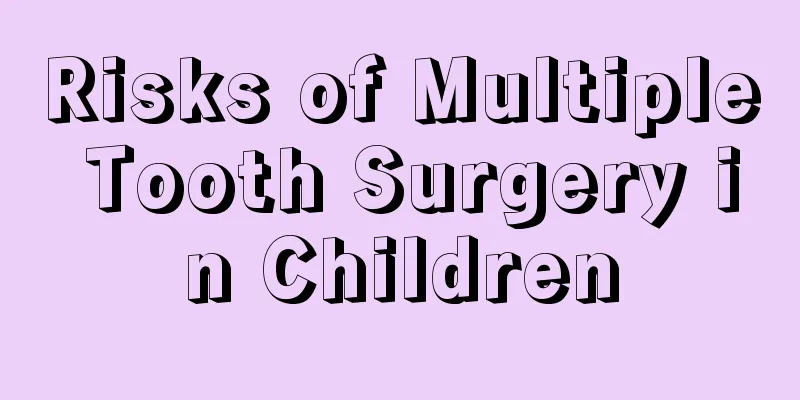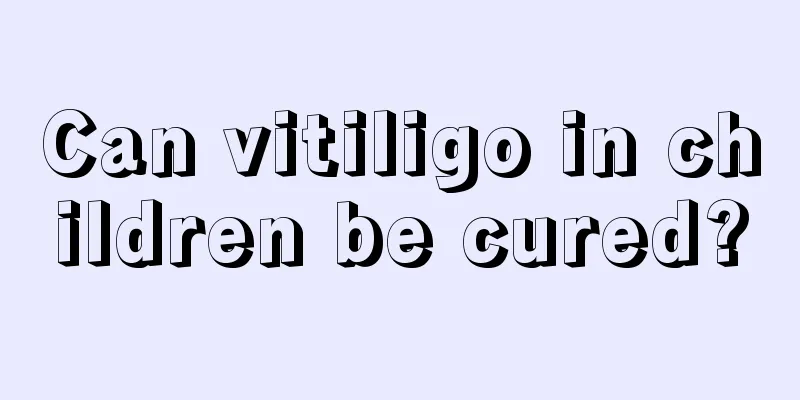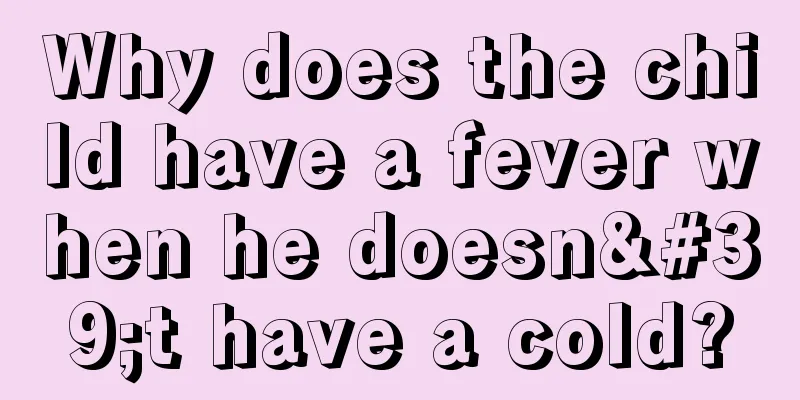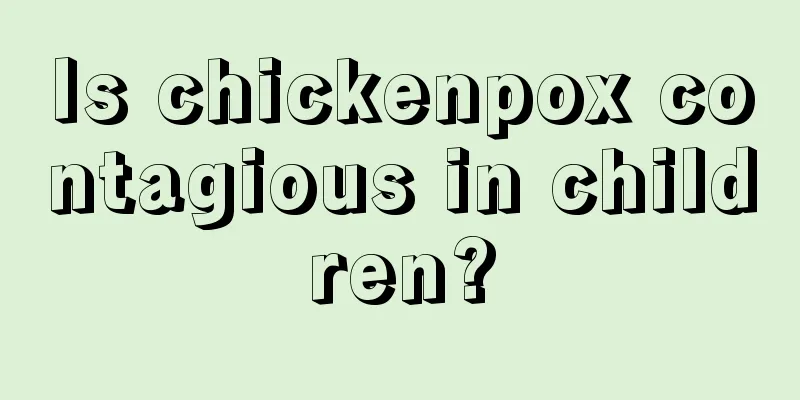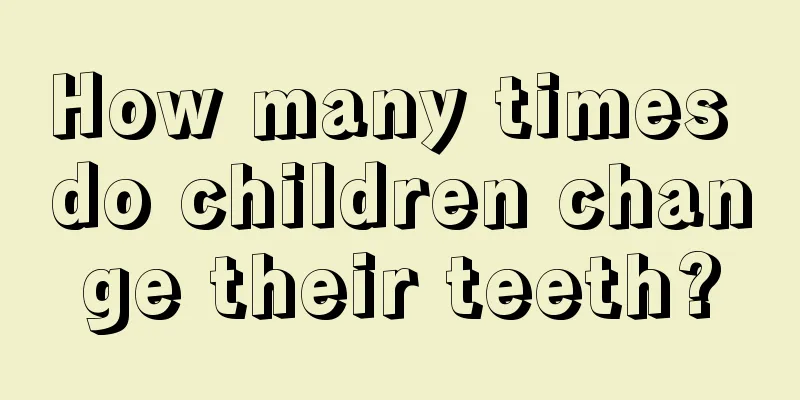How to deal with baby’s fever caused by bacteria?

|
Fever is a common disease. Fever is caused by bacterial infection. The baby's resistance is very low, so it is easy to be infected by bacteria and have a fever. Don’t underestimate your baby’s fever. It is a very tricky thing. So what should we do when your baby has a fever? How can we effectively use physical and chemical methods to cool down our babies? What issues should we pay attention to in this process? First of all, we need to determine the child's temperature. Generally, antipyretics can only be used when the child's temperature reaches 39 degrees. Therefore, it is recommended that mothers keep thermometers and antipyretics at home on a daily basis, and pay attention to their shelf life. If the child's temperature is below 39 degrees, it is not recommended to use antipyretics or antipyretic injections. Because all medicines are toxic, some common antipyretics have some toxic side effects. If taken improperly, they can easily cause the baby to faint. It is recommended to try physical antipyretic methods to help children reduce fever. Here I would like to remind mothers that once the child has a fever, do not give the child antipyretics immediately. You must first check whether the child's fever temperature reaches above 39 degrees. Do not blindly take the child to the hospital for treatment. One principle to remember is that if you can avoid taking medicine, try not to take it, and if you can avoid going to the hospital, do not go to the hospital. If the condition is not particularly serious, try to choose physical methods to help your child reduce the fever. 1. Don’t let your child wear too many clothes to help him dissipate heat. When a child has a fever, his whole body is usually very hot. Some people think that they can force the sweat out. In fact, doing so can easily cause convulsions, which is not conducive to the baby's heat dissipation and aggravates the fever. 2. Let your children drink more water, but never beverages, especially sweet things. You can add some salt to the water appropriately. I would also like to remind you not to give your baby cold water. It is best to give your baby warm water to avoid aggravating gastrointestinal symptoms or coughing problems. 3. Apply cold wet compress on the head. Soak a towel in cold water and then dry it. Place it on the baby's forehead and change it every 5 minutes. If you have a head bag, that will also work. 4. Wipe the baby's body with wet water, and use a warm and wet towel to wipe the baby's head, armpits, limbs and other wrinkled areas to promote heat dissipation. If alcohol is available, you can use it. 7. Diet therapy: 1. Winter melon and lotus leaf soup: Put winter melon and lotus leaf into water and cook into soup, then add some seasoning. 2. Tea drink: Boil fresh lotus leaves into soup, then add honey after it cools down. Under normal circumstances, after these treatments, the baby's fever should subside quickly. However, if the baby's fever does not subside but becomes more serious, or if the child is no longer as lively but wants to sleep, it is best to take the child to the hospital for examination to see if the baby has any other problems. Therefore, when our children have a fever, we should respond calmly and step by step. Remember not to panic. We should also pay attention to the baby not touching or eating unclean things containing bacteria, so that the baby lives in a bacteria-free environment. I hope all parents can give their babies a happy and healthy childhood. |
<<: What diseases are related to babies' constant coughing
>>: What happens if my child has lymph nodes behind his neck?
Recommend
Why do children sweat so much?
It is normal for children to sweat, but it depend...
What should I do if my child has squint eyes? These are the treatment measures!
If parents find that their child has strabismus, ...
At what month is it better to add complementary food to babies?
The baby's body is very fragile, so the baby ...
How to extract a child's tooth
After birth, children begin to develop gradually ...
Can a one-year-old baby eat vinegar?
One-year-old babies can start eating some complem...
What kind of porridge can babies drink to aid digestion?
In today's society, there are more and more o...
Is it good for children to speak early?
We all know that babies cannot speak when they ar...
Why does it happen that babies have difficulty pooping?
Difficulty in defecation for babies is a very com...
Is it normal for children to have bowel movements once every three days?
Defecation is very important for each of us. Norm...
Can congenital cerebral palsy be cured? Combination of multiple treatment methods
When congenital cerebral palsy occurs, family mem...
How to reduce swelling on a child's head
No matter what condition a child has, parents are...
Girls' development age details
introduce Modern living conditions are much bette...
What to do if your child has a persistent fever
In life, we have no way to avoid the fact that so...
How to calm children down?
The problem of children getting angry worries man...
Is it possible to see blood in children's urine?
Hematuria is a common phenomenon in normal times....


